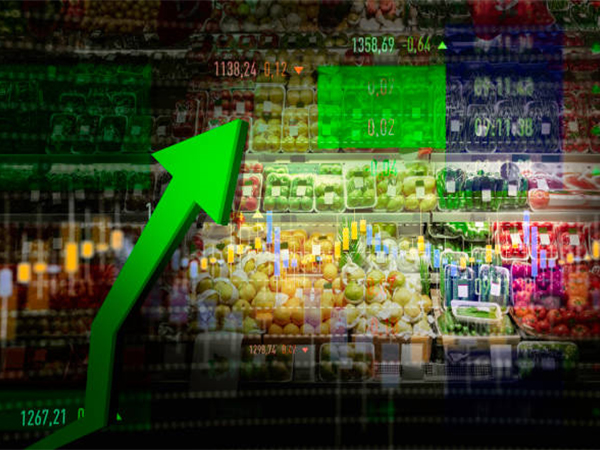Reversing Vegetable Prices Signal Potential Relief from Food Inflation: RBI Bulletin
The Reserve Bank of India has noted in its September bulletin that a reversal in vegetable price shocks could signal a reduction in food inflation by Q1 of 2024-25. However, the potential for an unfavourable base effect looms over the September inflation numbers.

- Country:
- India
In a noteworthy development, the Reserve Bank of India (RBI) has observed early signs of reversing vegetable price shocks, potentially mitigating persistent food inflation in the first quarter of 2024-25. This observation was made in RBI's September bulletin, despite warnings that a negative base effect may adversely affect the September inflation figures.
Headline Consumer Price Index (CPI) inflation remained below RBI's target for the second consecutive month in August. "This is an encouraging sign, particularly as the index stayed flat from July to August," the RBI stated. Notably, retail inflation dropped to 3.65% in August, marking the second-lowest level in five years, according to the Ministry of Statistics and Programme Implementation.
The central bank's bulletin also highlighted improved prospects for headline inflation to average 4.5% in the second half of 2024-25. Nevertheless, the volatility in food prices remains a contingent risk, necessitating cautious monitoring. RBI has maintained the status quo on the repo rate for nine straight cycles, following a cumulative increase of 250 basis points since May 2022 to combat inflation.
(With inputs from agencies.)










